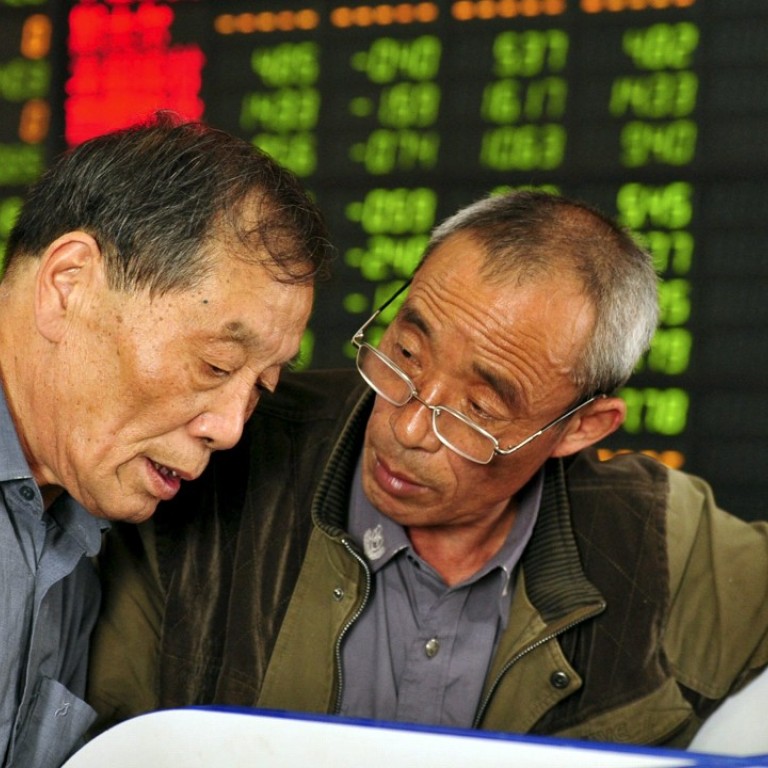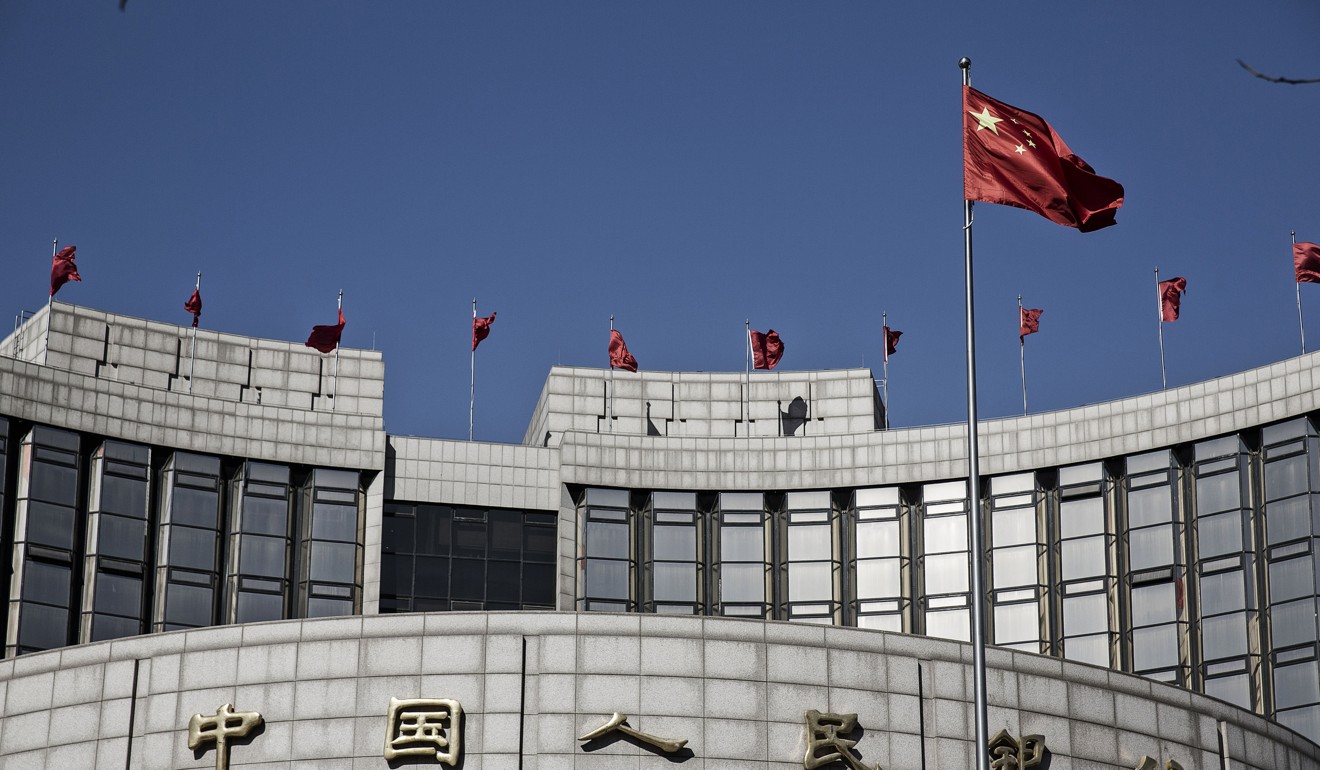
China adds fewer new stock investors on weakness in small caps, curbs
Number of new investors last week grew at the slowest pace in three months
The number of new stock investors grew at the slowest pace in three months last week, as smaller firms continued a downward slide and Beijing banned anyone aged over 80 from opening accounts.
Some 228,700 new investors were added on the mainland last week, the fewest since April, according to data from the China Securities Depository and Clearing Corporation. That excluded the week starting May 29, when there were only three trading days because of public holidays.
Although large-capitalisation companies such as Gree Electric Appliances of Zhuhai and Ping An Insurance Group of China have risen to 18-month highs this year, retail investors – who are behind about 80 per cent of the nation’s stock transactions – have been disinterested in equities because of persistent weakness in their preferred small-cap stocks.
“Retail investors don’t own these outperforming blue-chip stocks,” said Wei Wei, a trader at Huaxi Securities in Shanghai. “They mainly do short-term trading and target speculative small-caps for price gaps. When the small-caps don’t do too well, many of these investors choose to sit on the sidelines ... and there aren’t many newcomers.”
When the small-caps don’t do too well, many of these investors choose to sit on the sidelines ... and there aren’t many newcomers
A guage of the ChiNext start-up board in Shenzhen has fallen 8.9 per cent this year, trading close to a two-year low, as moves to cut excessive liquidity from the financial market weigh on valuations and institutional investors switch to less expensive large-cap stocks.
The world’s most populous nation has 127 million stock investors, according to data from the clearing house, meaning there is one trader for almost every 10 mainlanders – equivalent to the population of Japan or Mexico.

That massive number of retail investors is often blamed for the country’s roller-coaster stock markets, which collapsed in 2015 after they had more than doubled in value over the course of a year.
A ban on people aged over 80 from opening accounts to trade stocks took effect at the start of this month, as the authorities try to curb market speculation by retail investors, while anyone wanting to buy a stock with delisting risks must hold at least 500,000 yuan (HK$574,000) in securities assets for 20 trading days.
Fund managers and strategists including China Universal Asset Management and Bocom International Holdings said large caps were likely to continue to outperform small-cap stocks due to the valuation edge and moderate economic growth environment.
“As long as small-caps are in the doldrums, I don’t think we’ll see many new investors,” said of Huaxi Securities.

